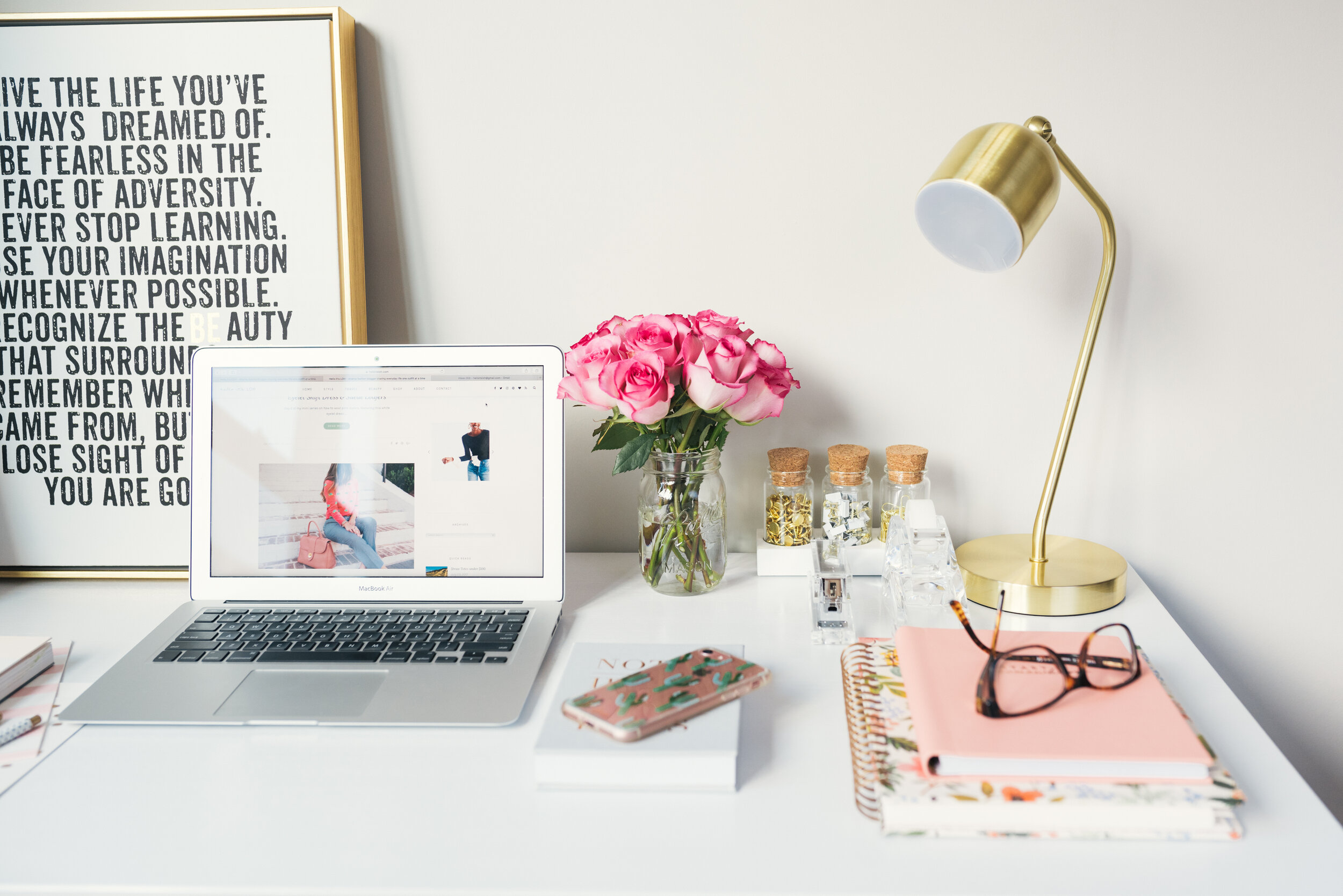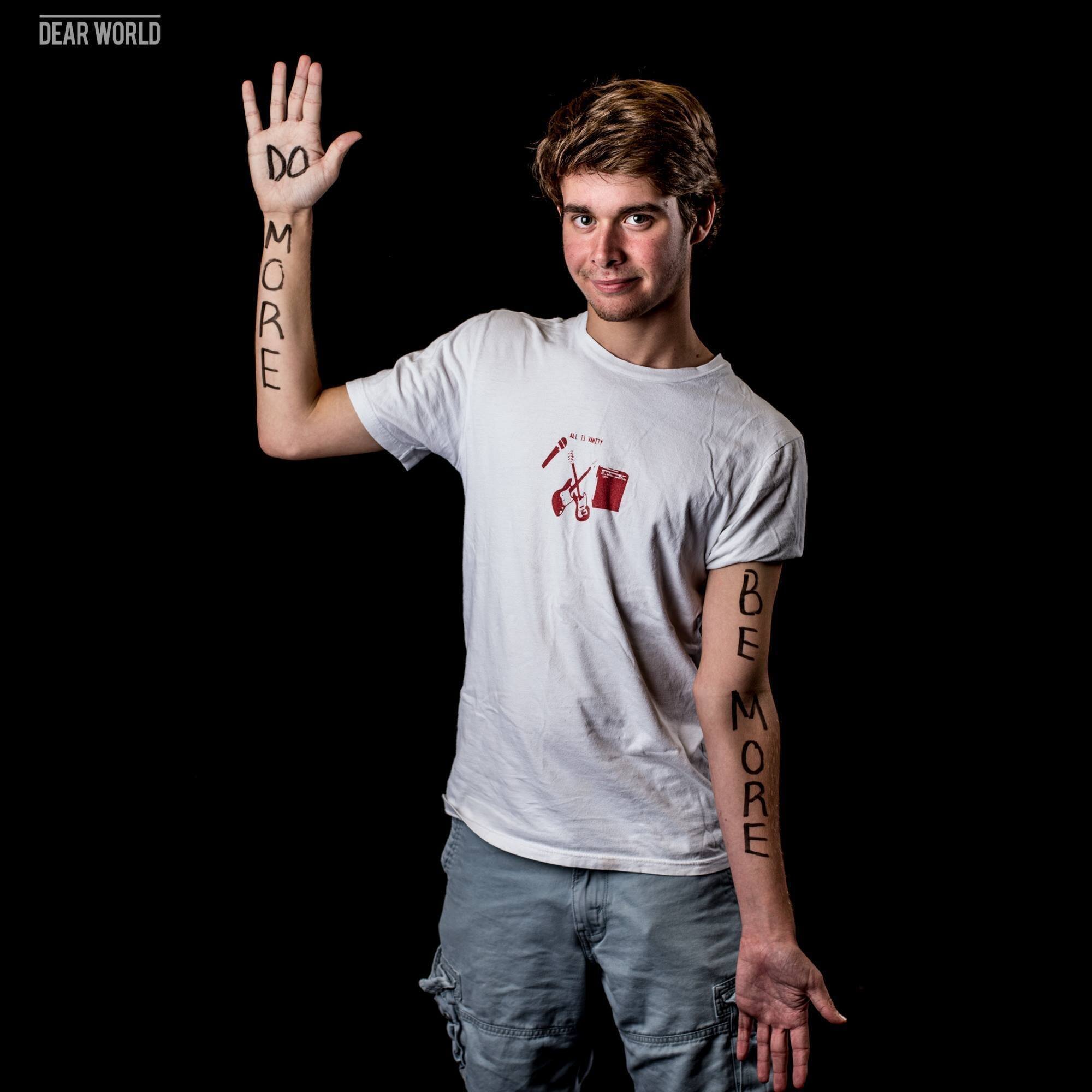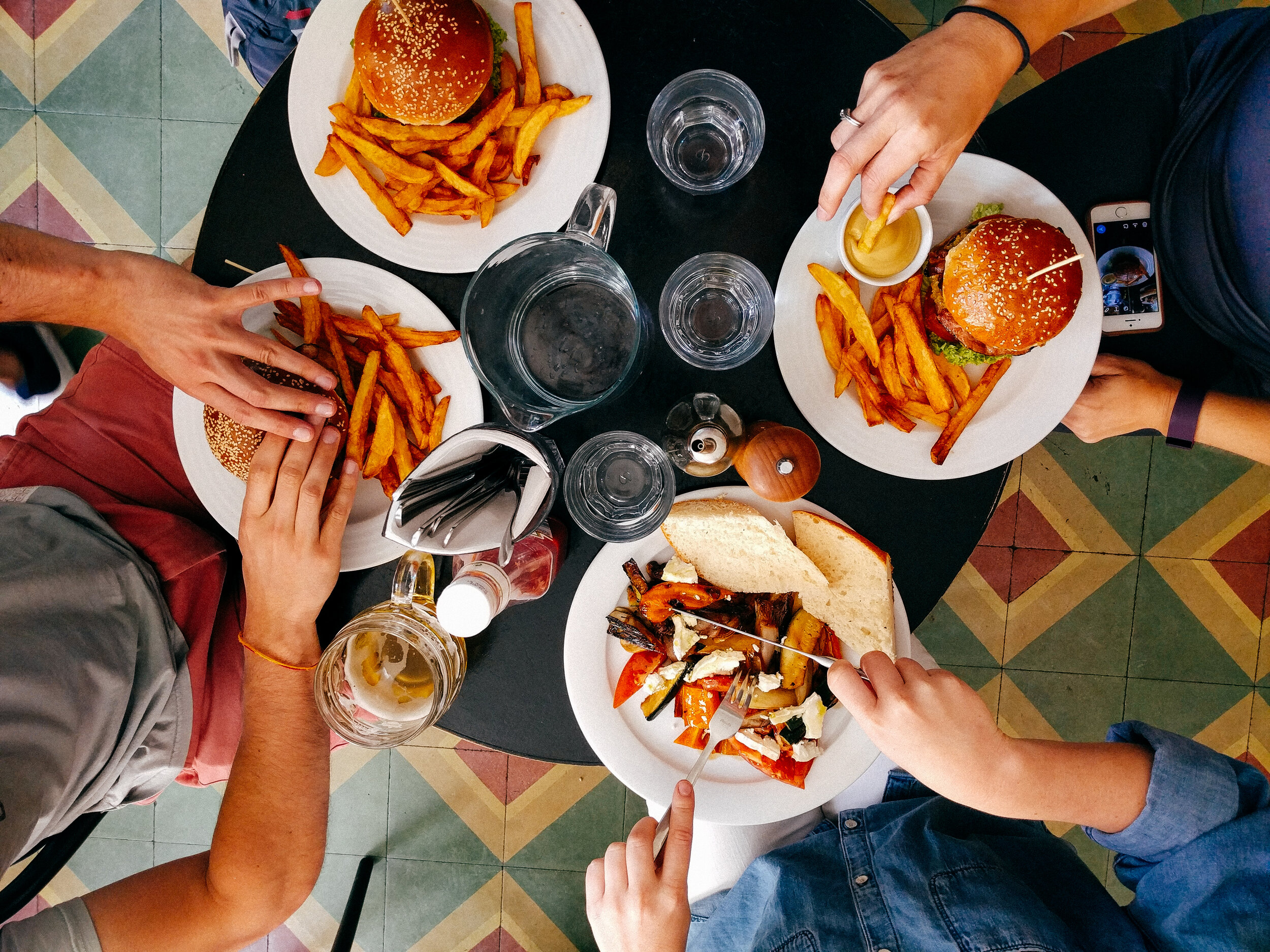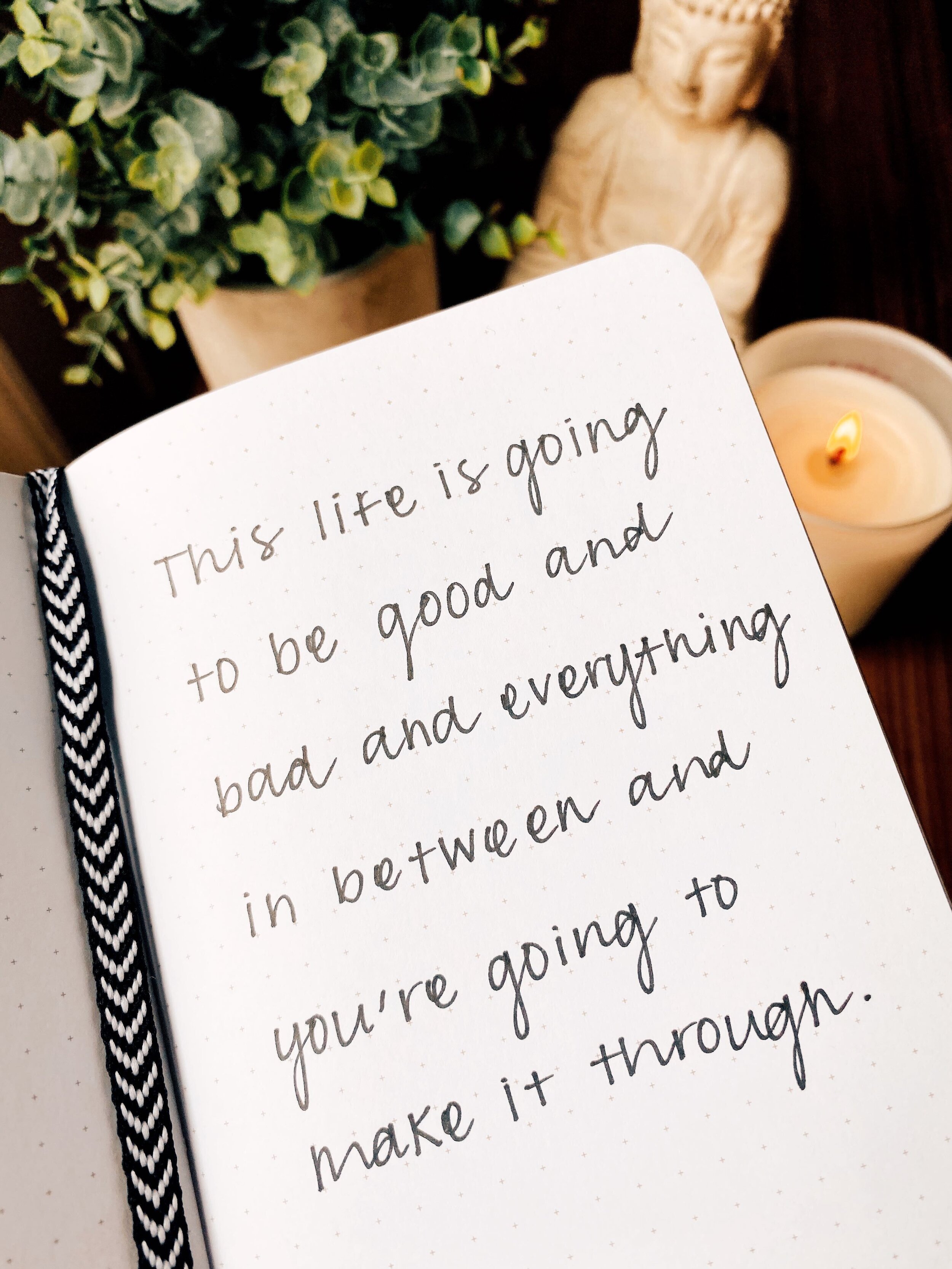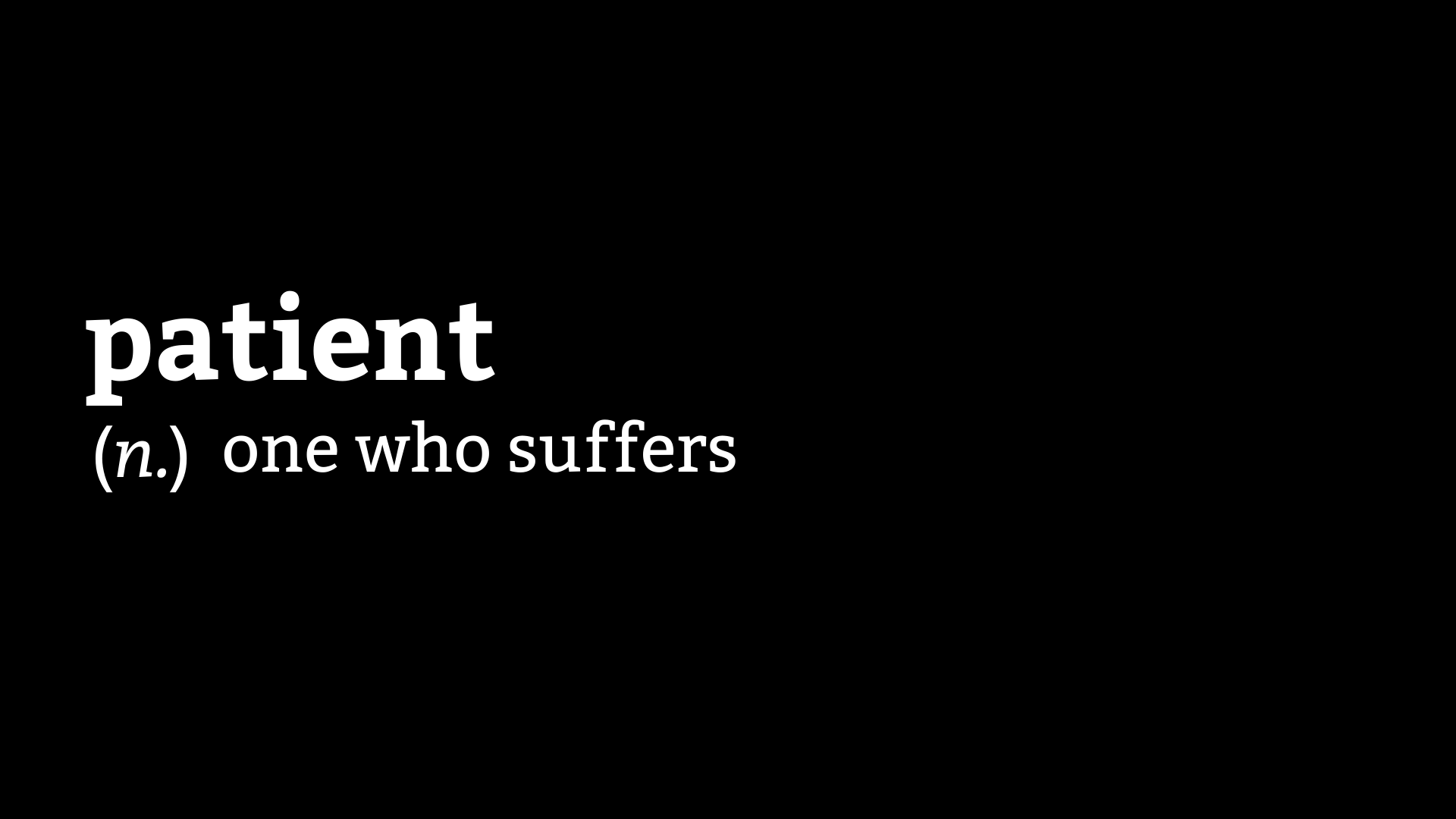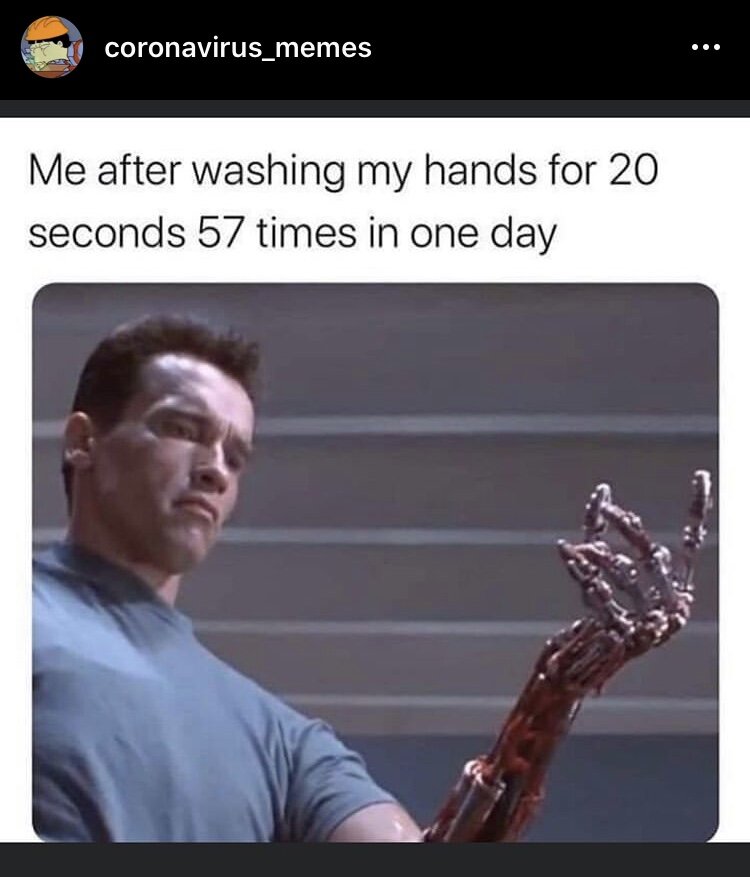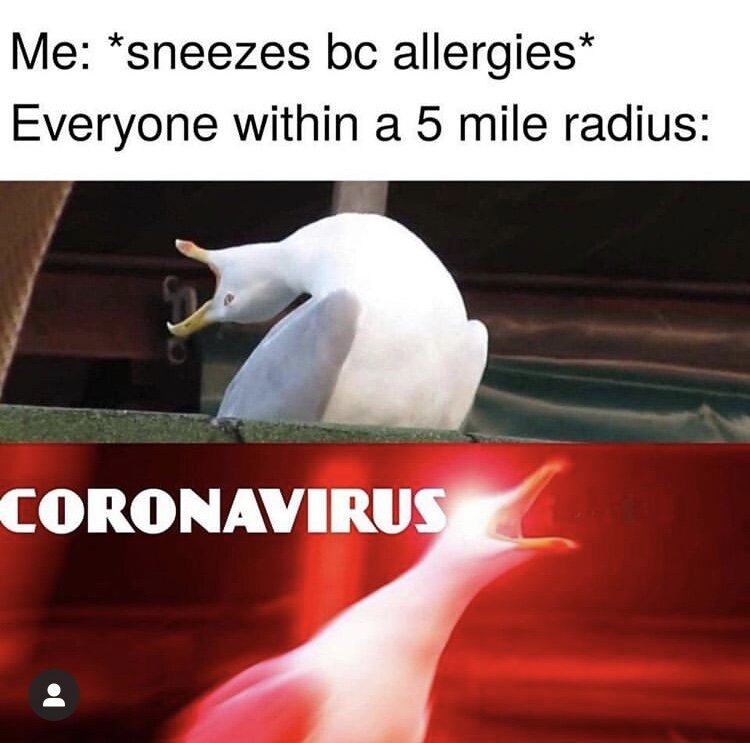Please provide your most recent job history. Done. Proceed to the next page. Do you have a disability that you would voluntarily like to disclose? This can include autism, blindness, cerebral palsy, missing limbs, autoimmune conditions like lupus, gastrointestinal diseases like Crohn’s disease or IBS…I blinked, and stopped. What did I just read?
In the past, I had always checked No, I don’t have a disability or history of disability. But now, as I start to look for Physician Assistant (PA) jobs, I can’t ignore the fact that I live with ulcerative colitis (UC) and flares can rear their ugly heads even when I take the best care of myself. I never had to sit and ponder this question before. Because of the way disabilities are viewed by most people, stigma swirls around it, leaving previously unaffected people like me unaware and uneducated about progress being made and the struggles still faced in the workplace. Disabilities are commonly viewed with negative connotations - several of my coworkers and other colleagues that live with chronic illness and/or disabilities have highlighted this and spoken powerfully against this negativity. Living with a disability doesn’t mean that you don’t have as much to offer. The people I’ve met through the chronic illness and disability community are some of the most resilient, creative leaders I know. We face our challenges and continue living and advocating against all that is physically or mentally against us - we have to draw incredible strength and grow up sooner and in ways that most others don’t.
However, I still struggled with multiple emotions as I sat, mulling my thoughts, stuck on this page of a job application. I have never considered myself as a person “who has a disability.” I felt guilty - would those with disabilities think that I don’t support them since I don’t want to group myself with them, giving myself another label that’s often viewed as weak? Am I misrepresenting those who do have disabilities because my UC has been so mild and I am largely functional? I felt that I don’t belong in the “disability group”, but I also can’t deny that I have a chronic illness that can be disabling in a variety of ways. I definitely consider myself lucky and blessed, but I know that my UC can change throughout my life and potentially become more difficult to control. I struggled to work through these thoughts, but then thought about how my growth this year from being more involved with advocacy has given me tools to advocate for myself and to continue learning from this community.
My options were:
Yes, I have a disability, or have a history/record of having a disability
No, I don’t have a disability, or a history/record of having a disability
I don’t wish to answer
What should I choose? It had to be either #1 or #3. I couldn’t lie - I was more afraid that it would not go over well if I did get the job and had to bring up my UC later to my employer. But then, if I marked “yes”, could that jeopardize the chances of me getting interviewed or getting a job? I’ve heard awful stories about those who hid their disability from their employer because they knew it would affect them being hired or even interviewed. Luckily, I was working with another healthcare provider who had been diagnosed with lupus over the past year and was also learning how to navigate her chronic illness in the work environment. I asked her what she thought and we ended up having a candid conversation - I realized that if marking “yes” caused me to not get an interview or a job, then that job wouldn’t have been supportive enough for me anyway. Perhaps this is my stubborn streak coming through, but I hope that working in the medical field will hopefully make potential employers more understanding. However, I know that the stigma that encircles chronic illness and disability still permeates the workplace, and this fact will stay on my mind throughout my job search.
In the end, I did mark “yes.” It is more important to me to have the chance to advocate for myself and be supported rather than hiding my diagnosis out of potential embarrassment or fear of how I would be treated because of it. Maybe this will backfire, but by being up front about my UC, I’ll feel more comfortable in my workplace. I hope that I’ll be supported enough to communicate any issues I’m having or if I do end up needing some sort of accommodation in the future. I’m very excited about applying for jobs and starting this new chapter in my life and career as a PA, but I still have much to learn about disability in the workplace. I hope by learning to navigate these waters, I can help others who may be in the same situation - questioning if they fall into the disability category or not, wondering how they should approach disclosing (or not disclosing) their condition to their employer. Since the US just hit the 30th anniversary of the Americans with Disabilities Act, I also plan to continue to educate myself and learn more about the disability community in conjunction with chronic illness. We should never have to choose between our career and our health, and I hope I can join many others who are working to make this a reality for all who are affected by chronic illness or disability.



